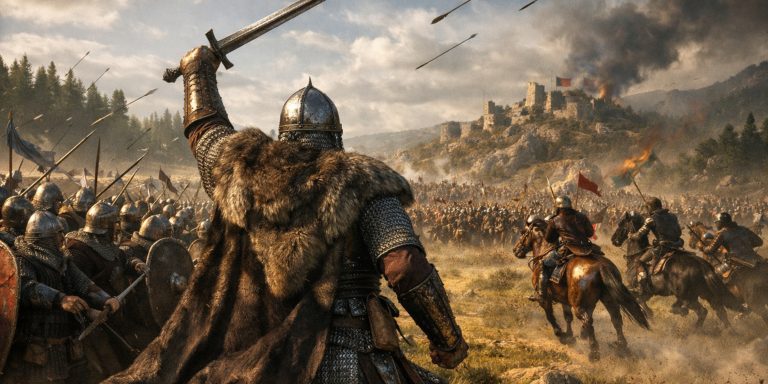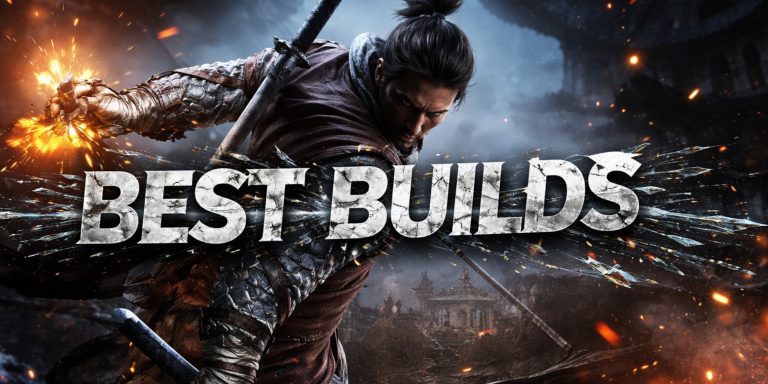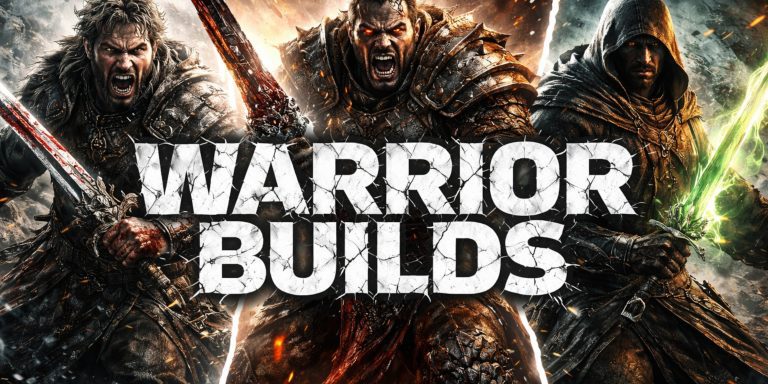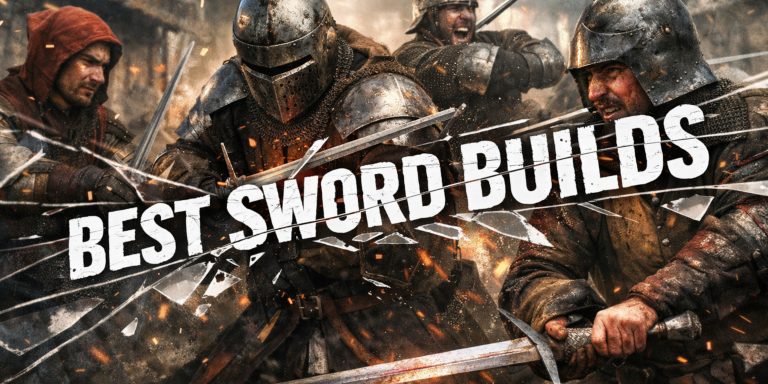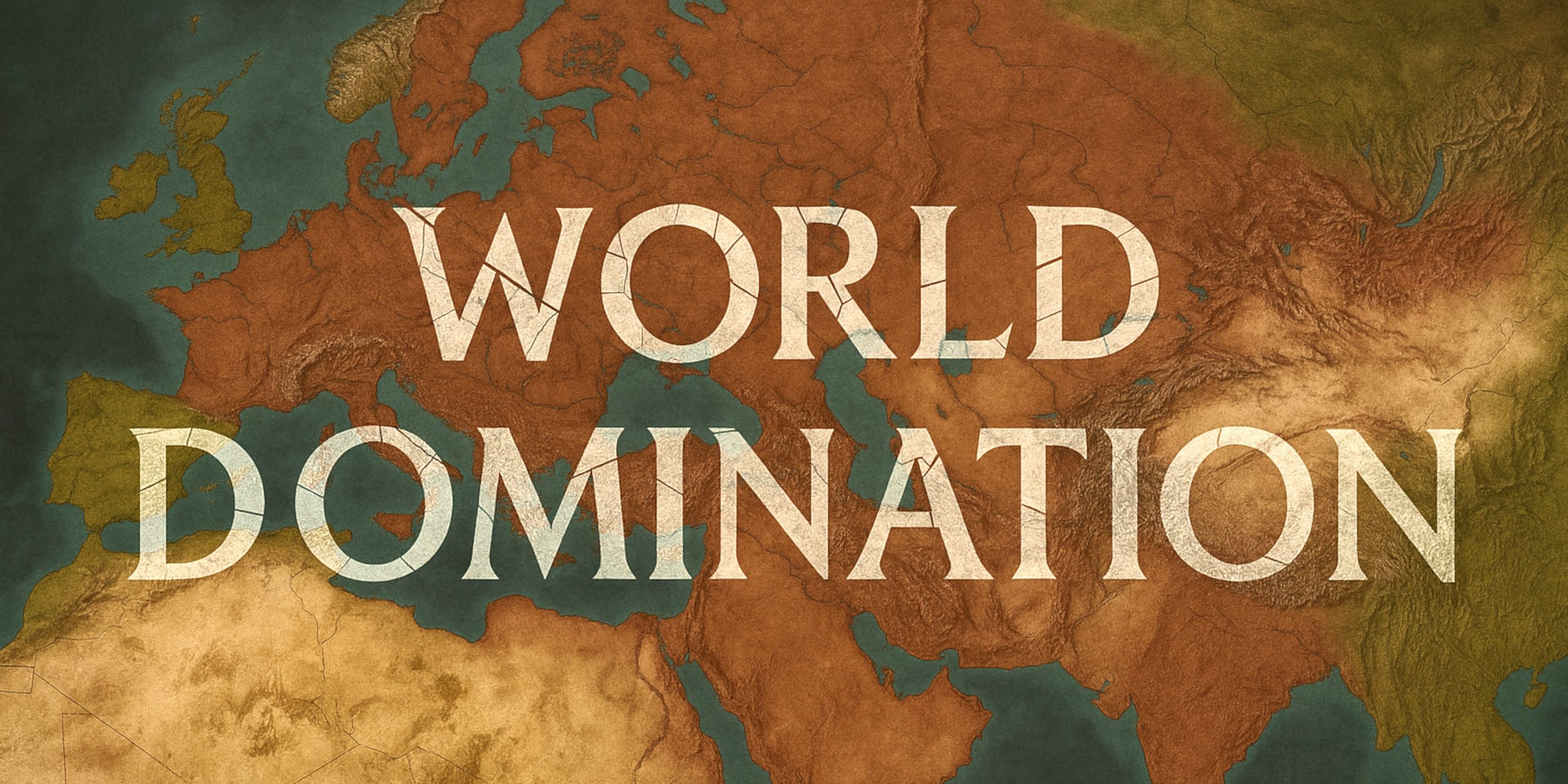
World conquest in Crusader Kings 3 is the ultimate challenge for any player. It requires long-term planning, careful use of succession laws, efficient vassal management, and relentless warfare. Success is not only about raising armies but also about handling religion, culture, and diplomacy in a way that sustains expansion across centuries.
Choosing the Right Start
Not every ruler is well suited for world conquest. Picking a strong position can reduce early struggles and set the foundation for later dominance.
- Empire level starts such as the Byzantine Empire or Abbasid Caliphate provide a vast base of troops and vassals.
- Tribal rulers like those in Scandinavia or the Mongol steppes can snowball expansion quickly with prestige-based wars.
- Isolated starts such as Ireland or Tibet allow slower growth but give room to consolidate before larger campaigns.
Succession and Dynasty Management
One of the main obstacles to expansion is succession. Splitting titles among heirs can destroy momentum if left unchecked.
- Partition succession is dangerous early on. Aim to reform succession laws toward primogeniture or house seniority.
- Dynasty perks from the Blood and Legacy trees improve stability, fertility, and long-term growth.
- Use disinheritance or monastic recruitment to keep titles concentrated in the main heir’s hands.
Religion and Culture as Tools
Religion and culture are not only flavour mechanics but powerful levers for conquest.
- Religious tenets such as Warmonger, Armed Pilgrimages, or Divine Right give casus belli and boost armies.
- Cultural traditions like Parochialism or Mounted Warriors increase military efficiency.
- Converting conquered territories ensures long-term loyalty and faster assimilation.
Warfare and Expansion
Efficient conquest requires planning wars that minimise truce limitations and maximise gains.
- Casus Belli: Focus on Kingdom and Empire level claims rather than county wars. Holy wars and invasions accelerate growth.
- Alliances: Marriages can provide powerful allies for early defence and expansion.
- Military strength: Maintain a strong core of men-at-arms, with heavy cavalry, longbowmen, or horse archers depending on culture.
- Siege speed: Invest in siege engines to reduce downtime and avoid drawn-out campaigns.
Managing Vassals and Stability
As your realm grows, vassal management becomes as important as external wars.
- Crown authority determines how tightly the realm is controlled. Higher authority reduces independence risks but increases faction pressure.
- Vassal contracts can be customised to ensure loyalty or extra levies and taxes.
- Council positions should be filled with powerful vassals to keep them invested in the realm’s success.
- Use hooks from intrigue or favours to control dangerous nobles.
Economy and Infrastructure
A strong economy sustains large armies and prevents overextension.
- Build income-generating holdings such as farms and markets in core territories.
- Prioritise duchy capitals and personally held counties for maximum economic return.
- Maintain a war chest to fund mercenaries when needed.
Mid and Late Game Momentum
By the mid-game, expansion should accelerate. With stable succession and powerful armies, larger empires can be dismantled piece by piece.
- Target rival empires like Byzantium, Francia, or the Abbasids to break them into manageable pieces.
- Use vassal kings to reduce micro-management once the empire spans multiple regions.
- Keep an eye on threat levels: coalitions and rebellions can slow progress if ignored.
The Seven Swords Takeaway
A world conquest in Crusader Kings 3 is one of the most ambitious goals in grand strategy gaming. It demands mastery over mechanics such as succession, vassal management, religion, and warfare. With careful planning and steady momentum, even the largest map can fall under a single dynasty’s banner.

